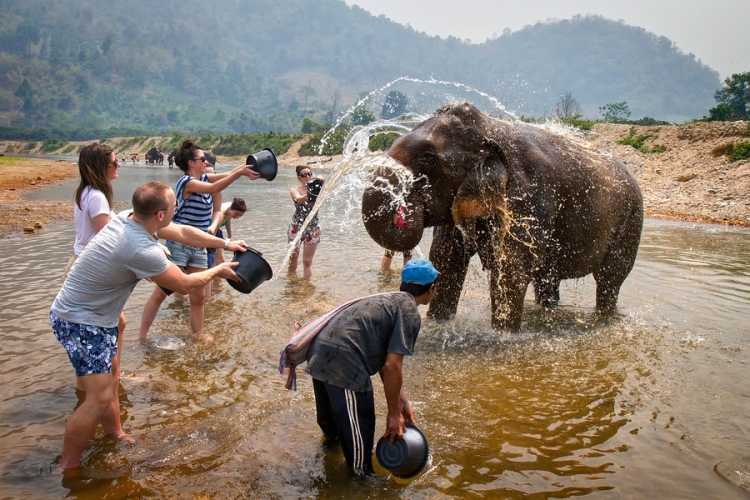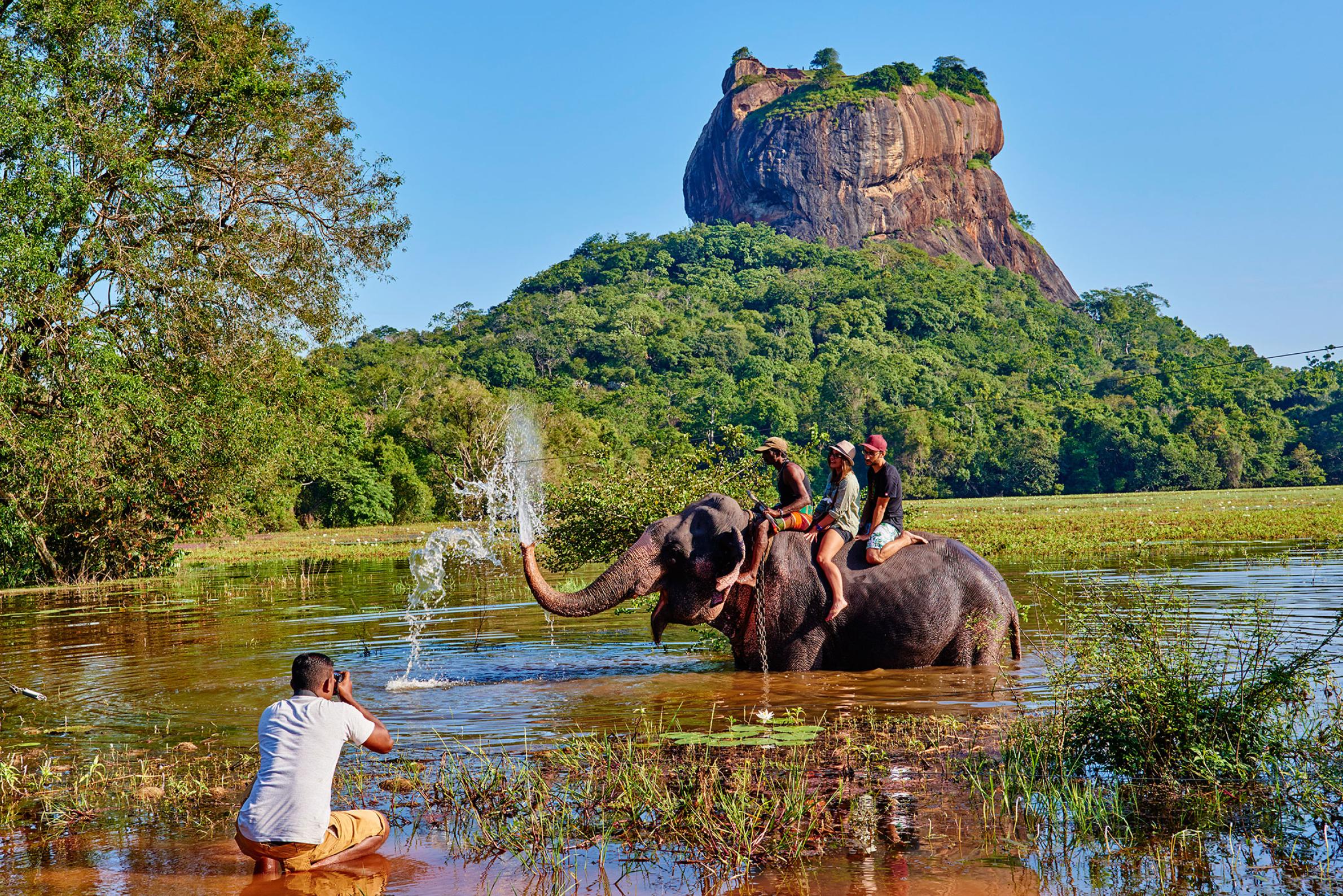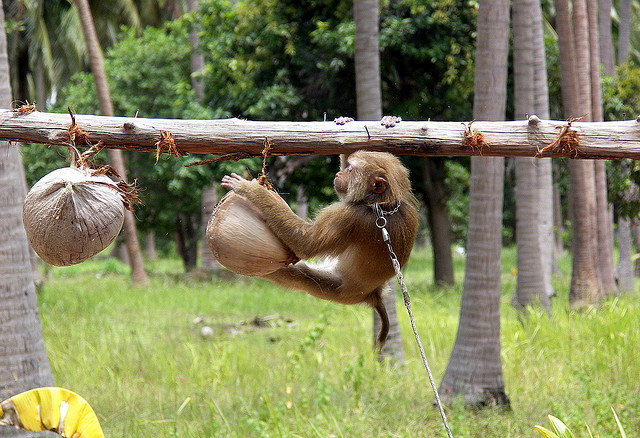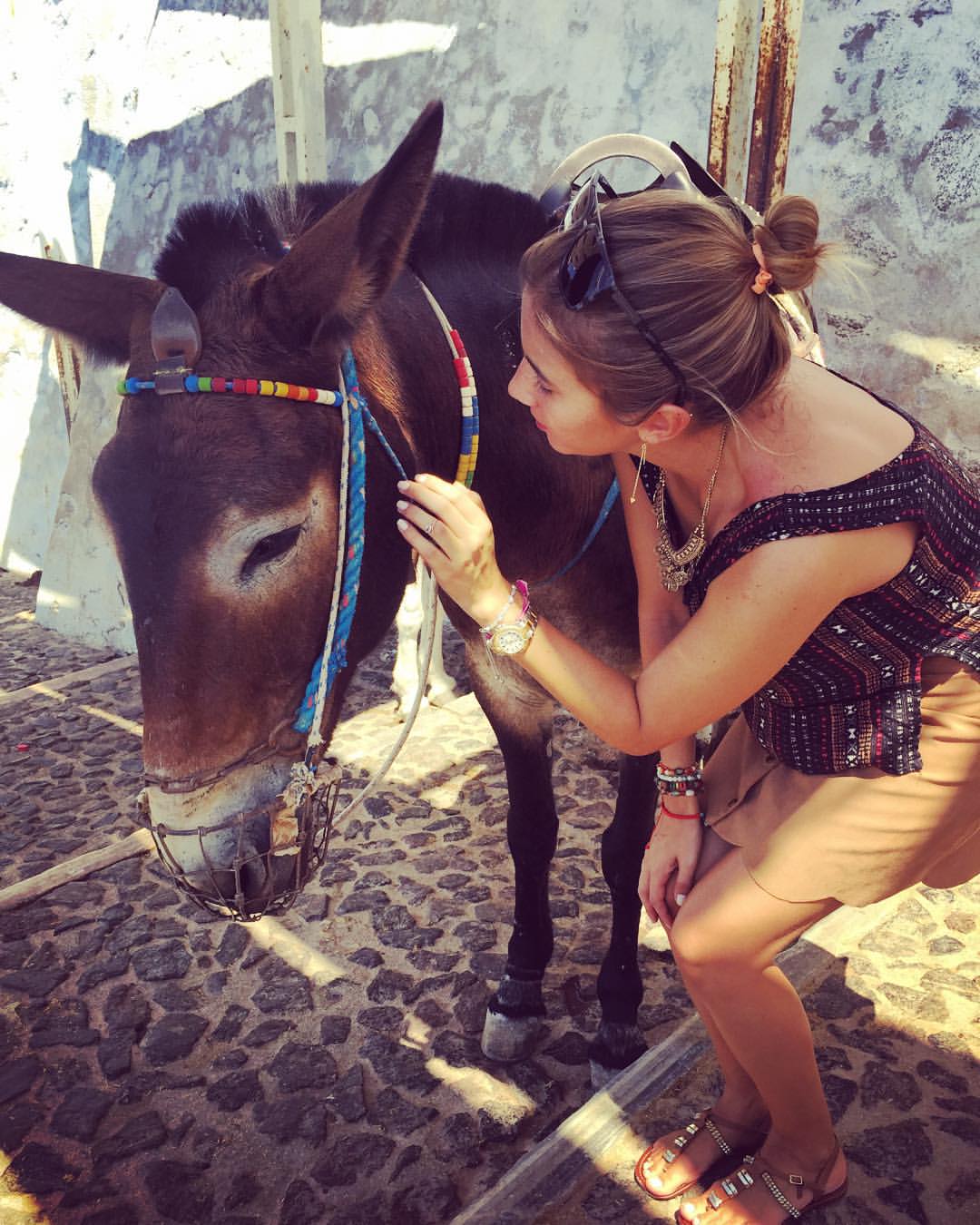Tourist Attractions Come at High Cost for Animals

Researchers at the University of Oxford's Wildlife Conservation Research Unit conducted the first major study of wildlife tourism around the world and found that millions of people who visit wildlife attractions each year during their vacations or school breaks don't seem to realize that the places they are visiting have terrible effects on animals.
It is important to know that wildlife attractions account for approximately 20 to 40 percent of all tourism worldwide, with up to six million people visiting these sites annually. Unfortunately, this study found that every year, around four million tourists financially support attractions that aren’t good for animal welfare or conservation.
This year I have been lucky and blessed to travel to over 15 countries and in most of them, I have unfortunately witnessed evidence of this research. Sad, isn't it? I've seen people ride elephants in Thailand, take pictures with baby monkeys in diapers in Vietnam, holding captive lizards to take an exotic picture on Cambodia... and the list goes on.
Many people don’t know that wild elephants won’t let humans ride on top of them. And why should they? Yet people planning on paying a high amount of money to experience an activity that involves breaking any animal’s freedom should know these facts. They should research and inform themselves before committing to wildlife crimes. They will easily find how in order to tame a wild elephant, the animal is tortured as a baby to completely break its spirit. The process is called “the crush”, which involves ripping baby elephants away from their mothers and confining them in a very small space, like a cage or hole in the ground where they’re unable to move. The baby elephants are then beaten into submission with clubs, pierced with sharp bull-hooks, and simultaneously starved and deprived of sleep for many days.
Too hard to bear this thought? Imagine living it. It truly doesn't take much to get informed, but we must be willing to educate ourselves.
Unfortunately, I believe most humans used to practice these activities for the experience of it, now it just seems they want the experience and of course, the cool picture to post on Instagram and Facebook that will make them look extra "cool" and "adventurous".
What is wrong with people? Yes, I am known for being an animal lover and defender of their rights; however, it comes down to common sense, education, and compassion. In what world is it normal to get coconut water from a monkey, who's a slave to pick the coconuts up for you?
I recently returned from a trip to Turkey, and although I completely fell in love with the country and their culture, I saw countless camels tied up all day long, carrying passengers up and down the mountains, having to experience screams and “hard love” from younger tourists, who most of the time don’t know they are hurting and scaring animals.
Two months ago, I visited Greece, probably one of my favorites places on Earth. My first stop in the magical island of Santorini was crushed as a saw hundred and hundreds of donkeys and mules being used as tourists taxis, carrying passengers or luggage. These animals are forced to carry overweight passengers and are denied access to shade, water and rest.
Do you truly believe it comes down to being an animal lover or not? It's something you might want to think about and share with family and friends. There are still ways in which you can interact with these animals. You can visit a real wildlife santuary or rehabilation park.
Or you can simply walk among them like I did.
Image Credits: National Geographic, Daniela Moreno.










